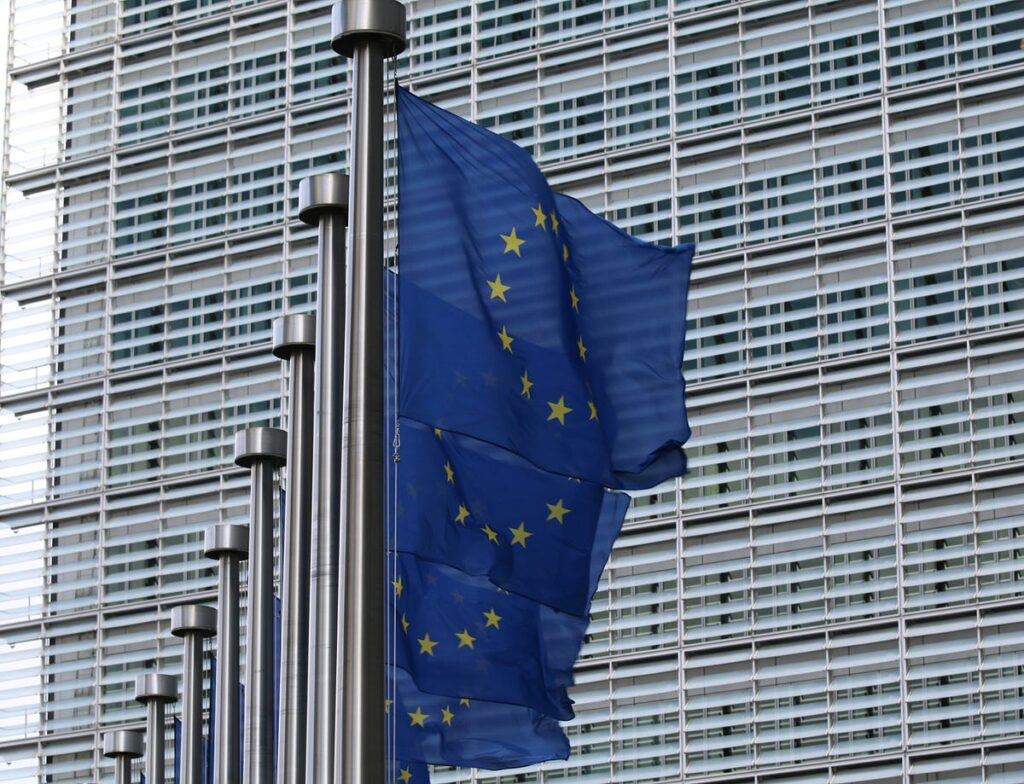In the digital age, cybersecurity is not only a technical challenge but also a geopolitical challenge. The intersection of global politics and cybersecurity has become important for the European Union (EU) as countries become increasingly dependent on their digital infrastructure. In this article, we discuss how changing global political developments are impacting cybersecurity compliance standards in EU member states and why these standards are important for protecting national security. I will consider it.
geopolitical cyber landscape
Cybersecurity threats are increasing in complexity and scale, impacting national security, economic stability, and public safety. Countries such as Russia and China are at the forefront of integrating cybersecurity strategies with political agendas, influencing global cybersecurity norms and practices. In response, the EU is reevaluating its cybersecurity policy to protect its interests.
For example, the EU's General Data Protection Regulation (GDPR) is not just a privacy law, but also a response to these geopolitical challenges. It sets global standards for data protection and impacts how countries outside the EU manage and protect data.
EU Cybersecurity Compliance Framework
The EU has developed a strong framework to strengthen cybersecurity across its member states. These include the Network and Information Systems (NIS) Directive, which requires national assessments of critical infrastructure, and the Cybersecurity Act, which strengthens the EU's cybersecurity agency ENISA.
These regulations are designed to ensure a harmonized approach to cybersecurity, enabling rapid response to threats and fostering increased cooperation between member states. Compliance imperatives within these frameworks are not static. They evolve in response to geopolitical tensions and changes in the technological landscape.
The impact of world politics on compliance
World politics has a significant impact on the compliance strategy adopted by the EU. The rise of technology-driven economies has ushered in new forms of geopolitical strategy in which states leverage their cyber capabilities to gain economic and political influence. The EU's approach to cybersecurity compliance is therefore designed to balance these strategies and ensure that member states are not left vulnerable to such tactics.
Furthermore, the EU's position on cybersecurity compliance is also a diplomatic tool. By setting high standards, the EU establishes itself as a leader in digital ethics and governance, influencing global norms and practices.
Future direction and challenges
Looking ahead, the EU faces several challenges. One is to ensure that compliance standards are implemented and adhered to uniformly by all member states, despite their differing priorities and capacities. Another challenge is rapid technological advancement, which can quickly render existing regulations obsolete.
Additionally, as global political tensions fluctuate, the EU must keep its cybersecurity strategy flexible to adapt to new threats. This could include continuing to engage in international dialogue to review existing frameworks and develop common understanding and consensus on cybersecurity practices.
conclusion
The EU’s strategic integration of global politics and cybersecurity compliance is essential to protect digital infrastructure and, by extension, national security. As the global political landscape continues to evolve, the EU's approach to cybersecurity must also evolve. Only through active engagement and strong compliance can the EU secure its place in an increasingly interconnected and digital world.
call to action
For policymakers and cybersecurity experts, the challenges ahead are clear. It's about staying informed, staying alert, and being able to adapt to the ever-changing cybersecurity and geopolitical landscape. The security of the EU depends on it.


